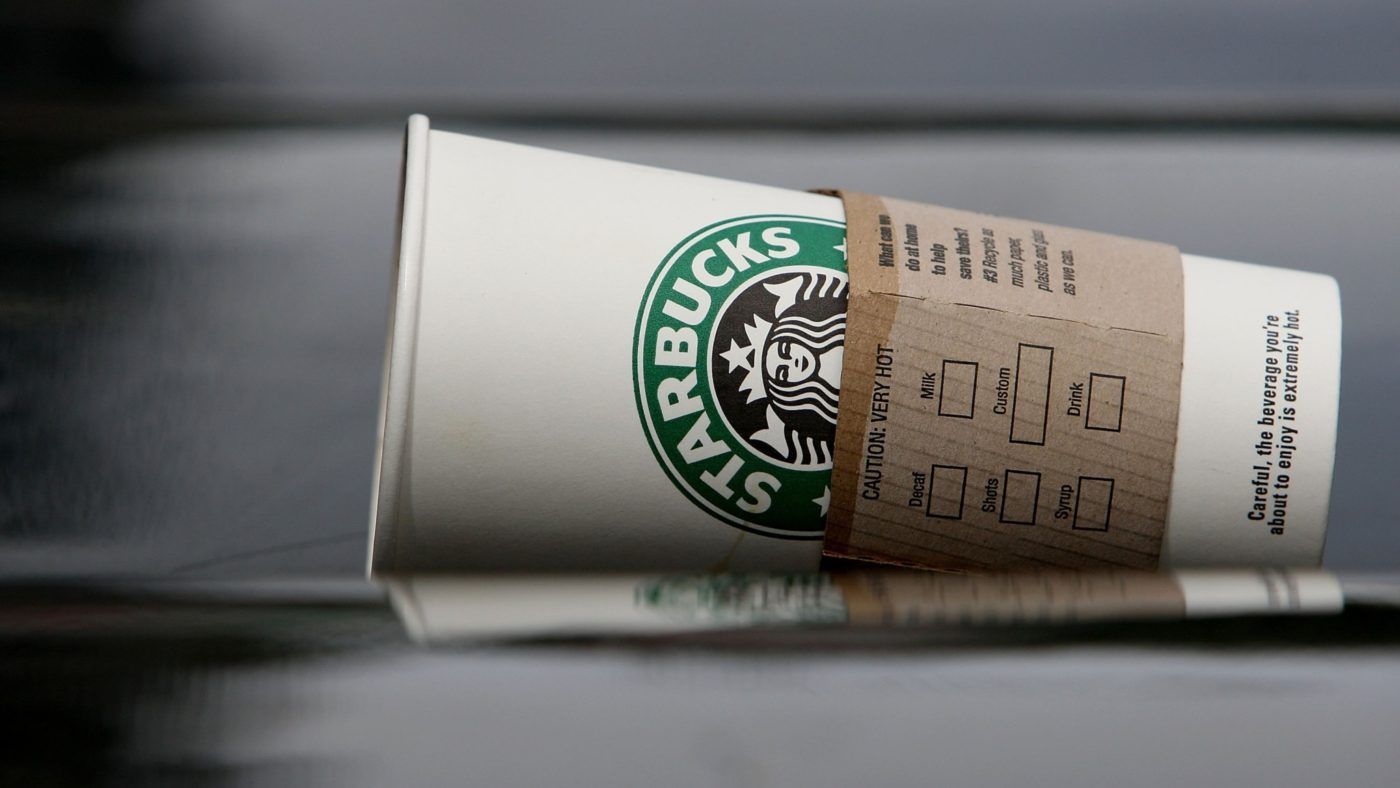A new report from Cardiff University tells us that we’d have to be blithering idiots to insist that people stop using disposable coffee cups. (Not that the authors of the report seem to have realised.) Yet, of course, we still have a government campaign and even, whisper it, the possibility of a Task Force to make it happen.
Idiocy may not be a word contained within the report, but the research found that a charge of 25p per cup only gets a few per cent of people to take a reusable one. The vast majority of people shrug and take the standard ones which, after that 20 minutes of use, pile up in a landfill site. This is one half of the information we need to determine whether we’ve got a problem here or not.
It is a useful rule of life to remember that absolutely everything has a cost. And also that there are a good number of things which have a benefit. Doing the things which have more benefits than costs is also known as getting richer. Economics, after all, is a method of identifying the things that make us richer and encouraging us all to do more of them.
So, given that people will, in the main, pay 25p to use a disposable coffee cup shows us that people value using a disposable coffee cup at some point north of 25p. As the paper tells us, there are 2.5 billion cups used per year in the UK, so that’s £625 million of benefit to people.
No, sorry, you can’t say that they shouldn’t value convenience so much. You don’t get to say what valuations other people put on things. Chacun à son goût.
But we do indeed have those environmental costs as well. Perhaps they are greater than the utility people gain from disposable cups? It is exactly this sort of thinking that Lord Stern used to reach his climate change solution, a $80/tonne tax for carbon emissions. It’s called a Pigou Tax, after Arthur Cecil Pigou, a professor at Cambridge and the man who taught Keynes his economics.
His insight was that the way to stop people doing things where the costs are higher than the benefits is to put a tax on the activity commensurate to the cost. Only those for whom the benefits are higher than the costs will continue with the activity.
But the logic also works the other way around. If we can work out the tax we’d have to impose to stop people doing something, and compare that to the actual costs being imposed by their doing it, we can work out whether the benefit is higher than the cost. And we can indeed do that. We know that the tax must be more than £625 million a year to stop this plague of using disposable coffee cups.
I’m told that one medium cup a day for a year amounts to some 5 kg of waste. As the report tells us there are 7 million cups used each day, so that is 35,000 tonnes of waste a year. And we know what the cost of a tonne of landfill waste is. We’ve got a Pigou Tax on it: it’s £83 per tonne these days. The annual cost of chucking those paper cups into landfill is therefore just under £3 million. And there’s not a chance Government is under-taxing us on this, is there?
The environmental cost to society of disposable coffee cups is thus £3 million a year. The benefits to the population are north of £625 million a year. The method we’ve used to get here is identical to the one used to show that we really must do something about climate change.
Which we should – just as we shouldn’t about coffee cups. Because the analysis shows that we’d give up at least £625 million of consumer utility to gain £3 million in environmental savings. Why would we want to make ourselves £622 million poorer?


